Boost Your Cash Flow During the COVID-19 Pandemic
The one thing most small and medium-sized businesses struggle with right now is cash flow. Many businesses have little or no income during Alert Levels 4 and 3, but your expenses didn’t go away, right?
Here are some of the measures introduced recently that could give you some breathing space:
- Government interest-free cash loans
- Cash boosting tax changes
- ACC delayed invoicing
Scroll down for more information on each point.
As with most Covid-19-related issues, new measures are often issued in a rush and forever changing after the initial introduction. We are constantly getting more details, so stay tuned for more information coming your way.
Boost Your Cash Flow
Apart from the above, what else can you do to free up some cash? Here are a few actions you can take:
1. Rethink your costs: What do you really need? Are there any products or services that you can cancel?
2. Renegotiate terms: Of course, you can’t cancel everything because then you may not be able to do business anymore. So, ask yourself, are there any terms or costs that you can renegotiate?
3. Offer discounts: You can offer discounts to your clients if they pay their bills earlier. You can also offer discounts on products or services to entice more people to work with you and to move old stock.
4. Rethink your processes: How can you work more efficiently? The more efficient you are, the more money you save.
5. Review your stock holding: Can you reduce the number of stock items you hold at one time?
6. Rethink your capital expenditure: Hold off on buying new equipment if you don’t absolutely need it. Instead of buying a luxury item, consider whether a more basic item can do the same job.
7. Plan, plan, plan: There has never been a more crucial time to draw up cashflow and other forecasts. You also need timely financial reports to measure how your business is performing so that you can make tweaks and pivots quickly when needed. This is where BW Miller Dean can help. Make sure you get in touch so that we can help you to take control of your finances and safeguard your business.
Government Measures Introduced to Boost Your Cashflow
Government Interest-Free Cash Loans
A new loan scheme was introduced to help small and medium-sized businesses who are struggling due to revenue lost because of Covid-19. Under this scheme, businesses who have less than 50 employees can borrow $10,000 plus $1,800 per employee, up to a maximum of $100,000. The scheme is also available to sole traders and self-employed persons.
Before you get too excited, remember that it is a loan and you will need to pay back what you borrow. Unlike previous subsidies introduced, this is only a temporary relief to help you through the worst.
Here are some of the key features:
- The scheme is available to businesses with 50 full-time employees (or equivalent) or less.
- The loan will be interest-free if you pay it back within one year. Otherwise, interest will be charged at 3%.
- The maximum term is five years, but the government will not seek repayment within the first two years.
- You can borrow $10,000 per firm plus $1,800 per employee.
- Sole-traders can borrow a maximum of $11,800 ($10,000 basic plus $1,800).
- You will need to meet the criteria for a viable business and you should be able to prove that your income dropped at least 30% due to Covid-19.
Applications will be open through myIR from 12 May and you have one month to apply, however, this deadline may be extended. Read more about the loan scheme here.
Cash Boosting Tax Changes
Here is a reminder of some of the recent tax changes introduced. These changes came into effect from 1 April 2020 and apply to the 2020-21 financial year.
- Small assets costing less than $5,000 can be expensed immediately. This threshold increased from $500.
- Depreciation on commercial buildings was reintroduced. If you claimed depreciation previously on the building, you have no option but to start claiming depreciation again.
- You only need to pay provisional tax if your residual income tax is more than $5,000. Previously the threshold was $2,500.
ACC Invoicing Delayed until October
The ACC usually sends out their invoices from 1 July, but for the 2020-21 year, they’ll issue their invoices only in October to give businesses some cash flow relief. Other invoices issued throughout the year will also be on hold for three months, and they’ll offer payment options once they send out invoices. Find out more here.
Protect the Lifeblood of Your Business
How well you have a finger on the cash flow pulse can make the difference between thriving in business and closing up shop.
There has never been a more crucial time to draw up cashflow and other forecasts. You also need timely financial reports to measure how your business is performing so that you can make tweaks and pivots quickly when needed. This is where BWMD can help. Make sure you get in touch so that we can help you to take control of your finances and safeguard your business.
